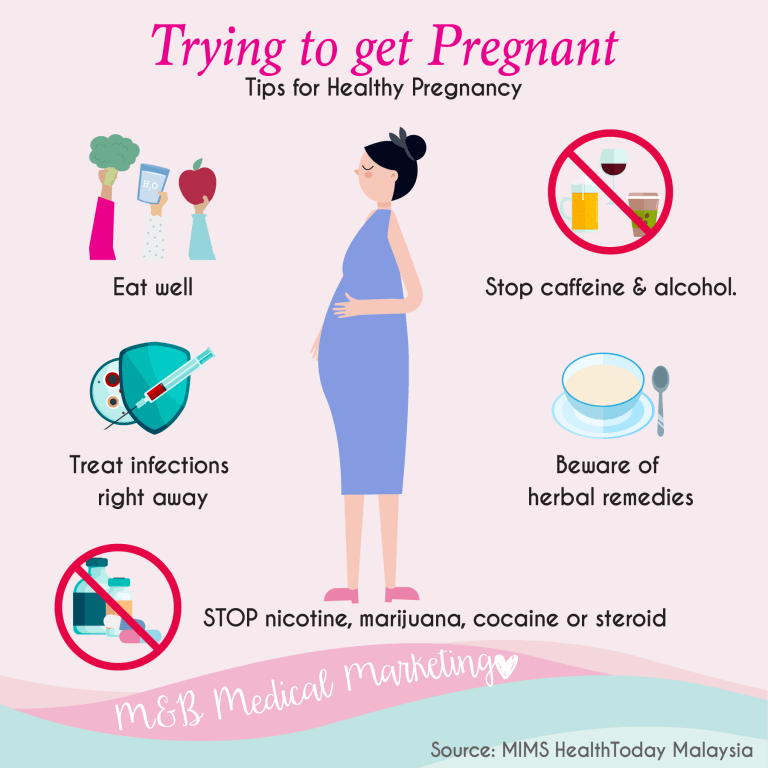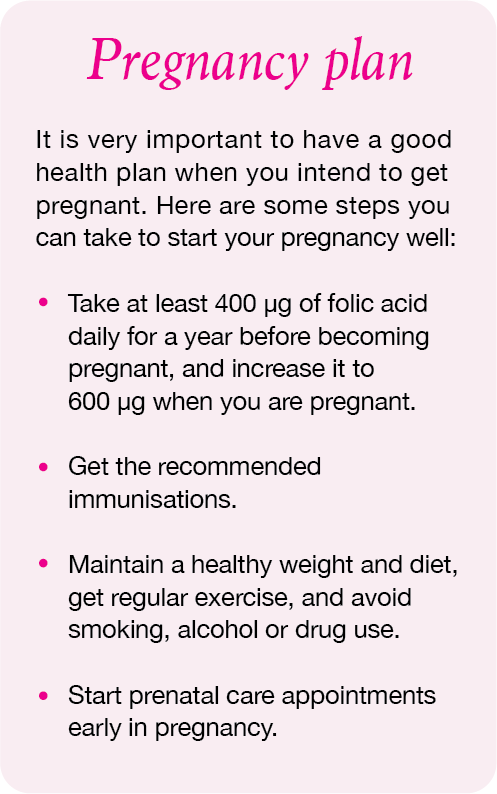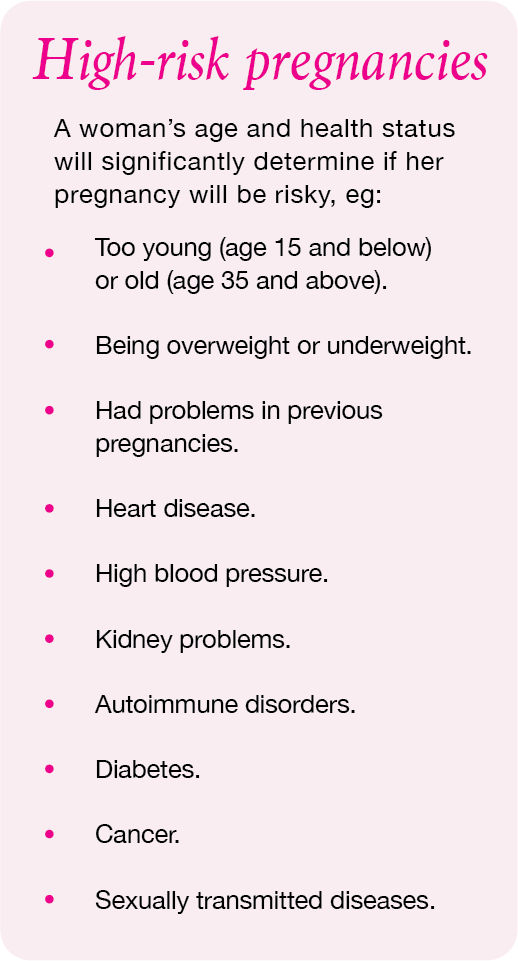ENJOYABLE CONCEPTION
TRYING TO
GET PREGNANT

Many factors affect your fertility, but there are things you can do to turn the odds in your favour. Nutrition, weight and exercise play important roles in your chances of getting pregnant, so avoid harmful substances and guard against infections and disease.
Following the tips below will help increase your chances of having a baby. They will also help you get your pregnancy off to a healthy start.

- Eat well. To maximise your chances of getting pregnant, your body should get the nutrition it needs to function well. Poor eating can sabotage your goal in a number of ways. Not getting enough nutrients can upset your reproductive hormone system. It’s important to eat regular, adequate meals – at least three a day – and to choose foods that are rich in nutrients and low in fat. And don’t forget nutritious snacks. Healthful snacks help you avoid the temptation to reach out for empty-calorie foods that are high in fat and sugar, and low in nutrition.
- Lay off caffeine. Bad news for women who drink coffee and want to get pregnant: more than a cup a day may hurt your fertility prospects. The statistics get worse if you also smoke.
- Avoid alcohol. Alcohol is not only harmful to a developing foetus, it can also lessen your chances of becoming pregnant. Even moderate drinkers – women who have one alcoholic drink per day – are slightly less likely to ovulate. The more alcohol you drink, the less likely you are to become pregnant.
- If you use nicotine, marijuana, cocaine or steroids, STOP! Using any of these substances reduces your fertility – and this holds true for men as well. It also increases the chances of stillbirth.
- Beware of herbal remedies. Many people consider herbs ‘natural’ and, therefore, good. But herbs do contain potent chemicals. Scientists have studied the effects of three popular herbal supplements on human sperm and hamster eggs. They found that even tiny amounts make eggs difficult or impossible to fertilise, change the genetic material in sperm, and reduce a sperm’s viability. These supplements include St John’s wort, Echinacea purpurea and Ginkgo biloba. In addition, blue cohosh, a supplement long used by some midwives and American Indians to induce labour, has been shown to cause significant birth defects in rat embryos.
- Treat infections right away. Certain vaginal or cervical infections cause a discharge that can stop sperm from entering the uterus. These infections include bacterial vaginosis, trichomoniasis, chlamydia and yeast.

Source: MIMS HealthToday Malaysia
